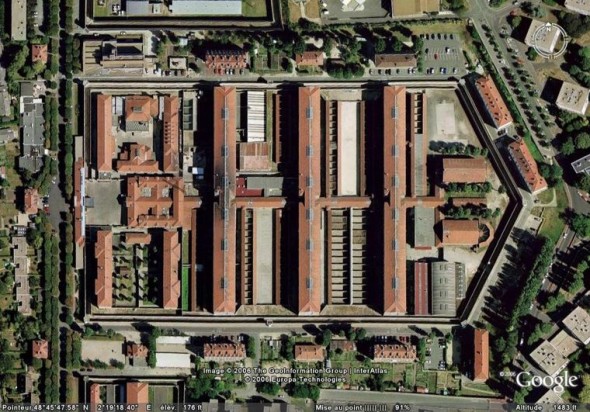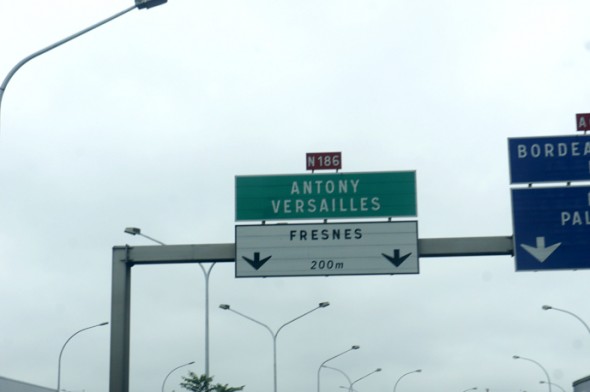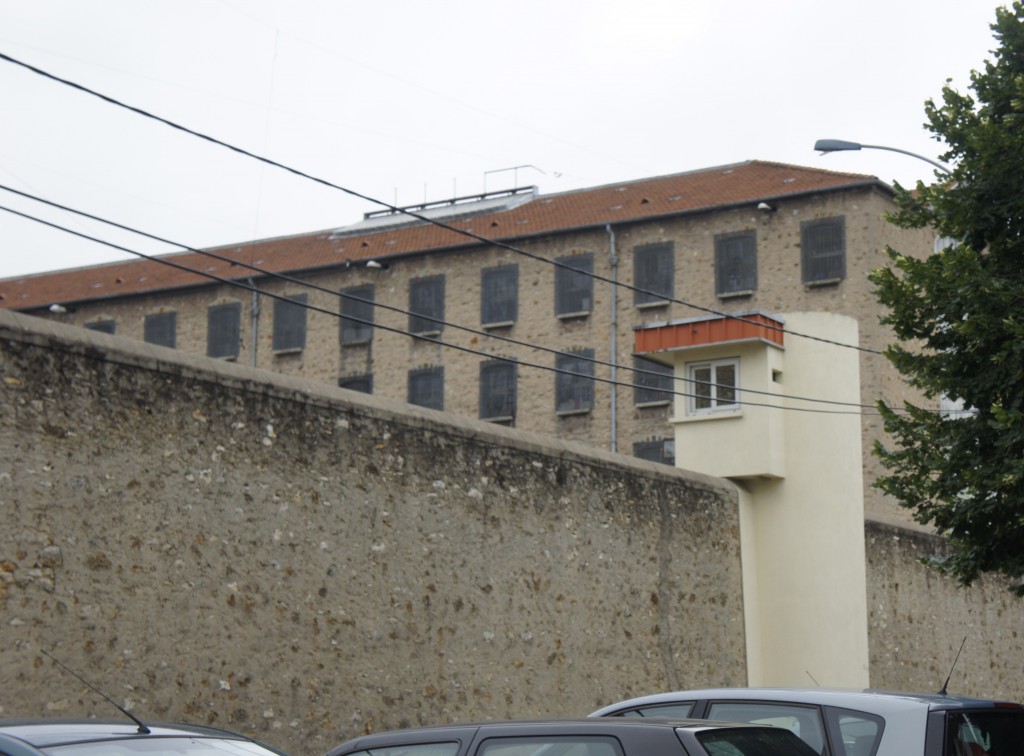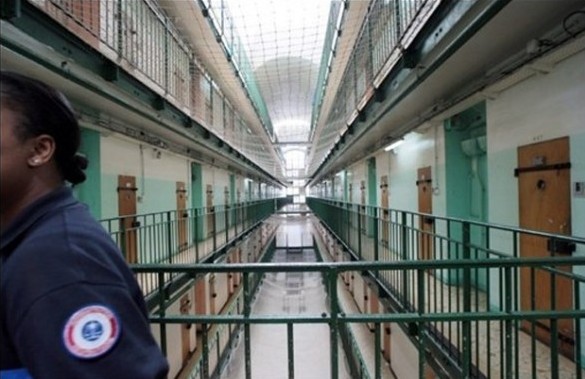Report from the Prison de Fresnes
Posted: June 23, 2011 | Project: "OuScuPo" (Ouvroir de Sculpture Potentielle) | Tags: MAC/VAL, OuScuPo, Ouvroir de Sculpture Potentielle, Paris, Prison |
Today I visited the Fresnes Prison to meet with the prisoners who have been working on the fabrication of the sculptures that will be shown as a part of my exhibition at the Musée MACVAL. The museum has established an outreach program with prison four years ago, and they have organized some film screenings for the prisoners, although this is the first time that they had gotten involved in the actual production of a piece. Unfortunately, I cannot share pictures from the visit on this blog as the use of cameras, mobile phones etc is strictly prohibited. The photos below were taken from the internet. The first thing that surprised me was the diversity of ages and ethnic backgrounds of the nearly 25 prisoners I met. The first thing I wanted to do was to thank them for all their help, because they worked for free in this project. In jail you need money for everything, from soap to eggs to TV time. I was hoping they could earn some money in exchange for their labor, however the workshop, which lasted 3 weeks, was possible solely as a cultural activity without pay. Contrary to my expectations, however, they seemed grateful for the chance to work, even without pay. As it happens any interruption of their monotonous routine is extremely welcome. 3 people live in a cell, which measure 3 x 4 meters, which includes an open toilet. They spend most of the day in their beds as there is no space for all of them standing. Once a day they can go to a small patio 11 by 8 meters where 25 prisoners can walk for two hours. After that they go up to their cells again and wait until the next day to come. These conditions are extreme even for Mexican standards. It was easier to understand how they might enjoy leaving their cell and working on a table with other inmates on some kind of physical activity. Another thing that they liked was to be able to shower every day. Usually they can only shower twice a week, but because they ended up covered with dust after the polishing they got a special permission to have a shower after doing the work. The workshop was possible thanks to Romain Dutter, the cultural coordinator at Fresnes and Valerie Labaye the curator of the project.
Without their vision this encounter could have ever happened and I hope more artists find this an alternative space for working. One process that I have witnessed here and in previous workshops is that at the beginning the members of the group may not like each other, but just the factor of working together in the same table for several weeks makes them lower their defensiveness and eventually leads to new friendships. It was cute that one of the commentaries I got was that the polishing of the pieces was an analogy of the polishing of their own frictions. This came clear to me with one of them, a Romanian I will call Mr. T. When I saw him at first I felt his piercing eyes really threatening, as if he were thinking to himself “I will kill this clown”. However as we had a chance to chat face to face later, I realized he had the sweetest eyes and the most humbling presence.
Mr. T had been working in Spain as a mason and had accepted the assignment of carrying into France a package of cannabis. His luck could not have been worst as he was captured the first day he had entered France and sent into prison. He could not speak French and this made his life in jail specially difficult. We Spoke in spanish about his family, which were not aware of his location for the last four months when he was arrested. Finally he were able to write a letter to his wife who was now threatening to kill herself if he staid in prison. I think what striked me most was how all men were terribly sad about how jail had affected their image as parents. How sad was for them to have disappointed their children. This was common both to immigrants and French citizens like another I will call Mr. P who had worked as a real estate agent and was charged with fraud. It may be premature conclusion but I think that if is possible to enunciate some general thoughts about jail I would think of the following:
1) Jail is the ultimate dystopia where the prisoner even if is right he will always be wrong.
2) 90% ot the time spent in jail is only waiting, everything that is supposed to happen will take more time and there is no guarantee it will.
3) This psychological torture in addition to the physical constraints makes extremely difficult to maintain sanity, so even those who try hard to have good conduct occasionally loose their minds.
4) There are as many persons in jail who should not be there as persons who are free and should be in prison. 5) To improve the conditions inside jail should be in the interest of society, as most of the terms are short and often the individual who is released is more dangerous when he exits that when he entered.
5) If the French systems succeeds at something is that those who enter jail want to leave France forever.
6) There is enormous physical and intellectual excess capacity available in jail that should be put at use. Everyone (both free citizens, the state and the prisoners) can only benefit from the creative developments that may emerge from the use of this potential.



